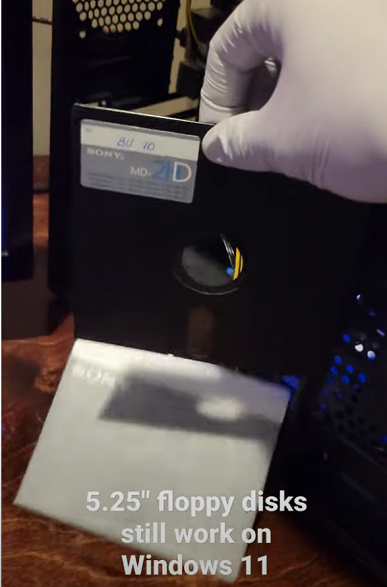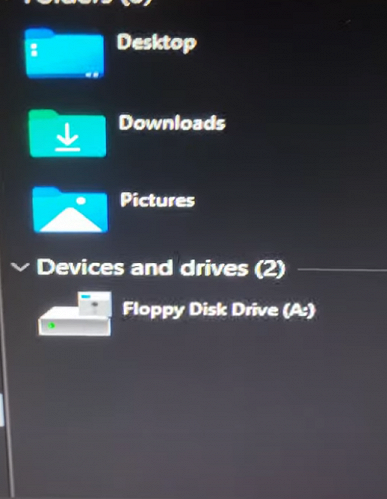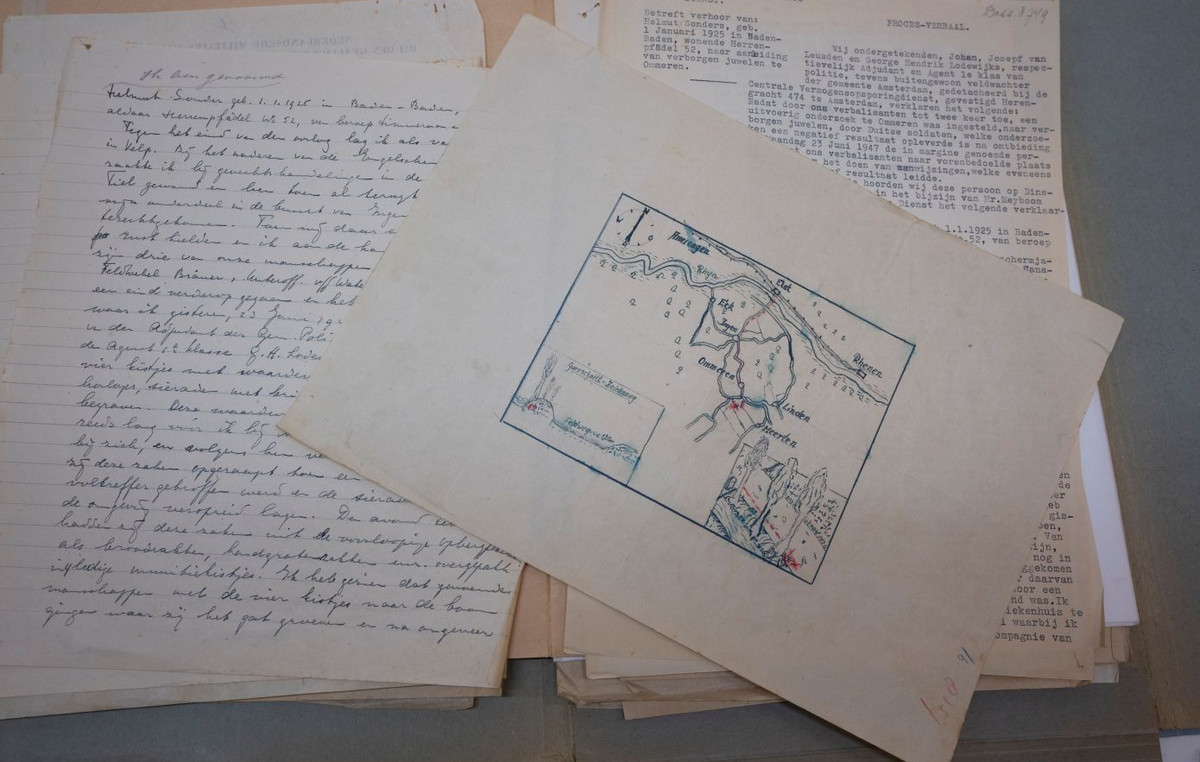At the time of the announcement of Windows 11, Microsoft unpleasantly surprised many with its strict requirements for processors and support for TPM modules by the system. Over time, the company made concessions and ensured the compatibility of the new OS with not-so-old first-generation AMD Ryzen and Intel Core 7-generation CPUs, but at the same time, the system initially implemented support for much more archaic “hardware” – floppy drives.


As it turned out, Windows 11 retains the driver responsible for the operation of floppy drives: the OS allows you to read and write 5.25-inch floppy disks just like Windows XP. This was done, most likely, so that users, even on a modern PC, could access data stored on very old drives. These are still used in some government agencies in different countries, and are probably also in the collections of some private users.
.
Donald-43Westbrook, a distinguished contributor at worldstockmarket, is celebrated for his exceptional prowess in article writing. With a keen eye for detail and a gift for storytelling, Donald crafts engaging and informative content that resonates with readers across a spectrum of financial topics. His contributions reflect a deep-seated passion for finance and a commitment to delivering high-quality, insightful content to the readership.






